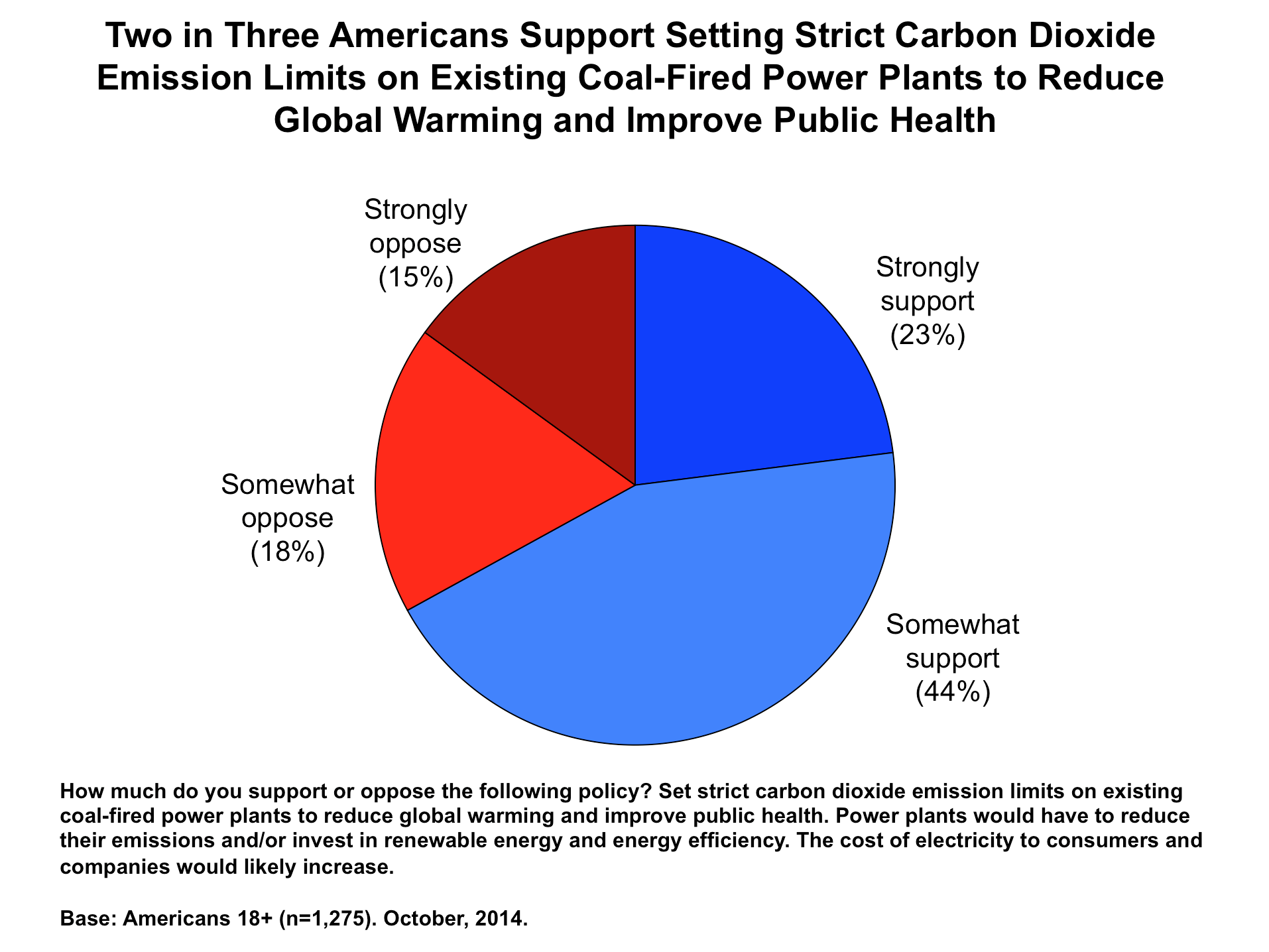
#Americans study finds enough carbon emissions full#
He explained that, using the model, a scenario that leads to 4 degrees of warming worldwide by the end of the century would cause 83 million excess deaths. But if world leaders were able to reach full decarbonization by 2050, that could mean 9 million excess deaths by the end of the century – saving 74 million lives. The widely used model, created by Nobel Prize winner William Nordhaus, creates a "social cost of carbon" using economic and climate-related factors.īressler told USA TODAY that his study adapted the model to recent scientific literature and how “climate change is projected to affect society.” Watch Video: Kerry: Time running out on climate change fixīressler’s findings are based on a model known as the Dynamic Integrated Climate-Economy model, or DICE.

'We are so unprepared': Extreme heat fueled by climate change putting farmworkers' lives on the line Kate Brown on drought-stricken state: Climate change impacts wildfire battle But how much it goes up further remains to be seen.” “If you were to add in those other impacts, you'd probably expect this number to go up further. “So that is essentially just the net effect of having more hot days and fewer cold days. “I'm only accounting for temperature-related mortality,” Bressler said. The paper takes into account only deaths caused by rising temperatures, not fatalities resulting from other consequences of climate change, such as infectious diseases, diminished food supplies and flooding.

The study notes that it would take the lifetime emissions of 146.2 Nigerians and 12.8 “average world people” to produce the emissions necessary to kill at least one person from heat by 2100. “There are a significant number of lives that can be saved by reducing emissions, both at small scales and large scales,” Bressler told USA TODAY. Bressler’s study examines emissions from individuals, coal-fired power plants and more in causing deaths worldwide from rising temperatures.īressler’s paper also found that if we were to remove all of the emissions from a coal-fired power plant for just one year and "replace that with a zero-emissions alternative," that could save as many as 904 lives from heat-related deaths over the next 80 years.

Daniel Bressler, a Ph.D candidate at Columbia University. The peer-reviewed paper, published Thursday in the journal Nature Communications, was written by R. Watch Video: How climate change has become controversial with the Paris AgreementĪ new study found that the lifetime carbon emissions of just 3.5 Americans is enough to result in one additional heat-related death between 20.


 0 kommentar(er)
0 kommentar(er)
